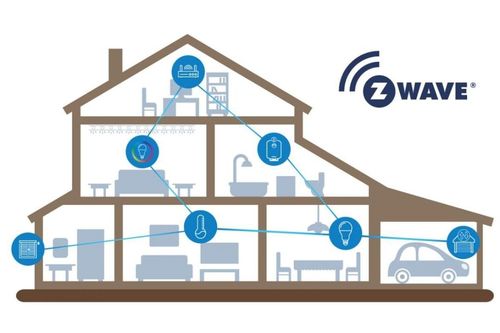Smart video doorbells, door locks and garage door openers are among the top devices owned

Smart video doorbells, door locks and garage door openers are among the top devices owned
Smart security systems are the highest adopted smart home device, according to new findings from the Z-Wave Alliance.
The standards developer detailed the study in a new report that found that smart door locks, home control systems and water devices were adopted at greater numbers compared to other devices.
Z-Wave’s report found that almost all (97%) of smart home control system owners and 90% of smart security system owners have added one or more devices to their systems.
Almost half (48%) of home control system installations added on a smart video doorbell.
Following smart video doorbells were smart door locks (33%), smart garage door openers (33%) and smart listening systems for smoke/CO detectors (33%).
Self-installation was found to be the dominant means of device installation, with the majority purchasing from retailers.
Devices that were more likely to be pro-installed are those attached to control systems or requiring more involved installation.
And in terms of the professionally installed side of the market, two-thirds of those with installed smart security and smart home control systems have had their installer add more devices.
The report is “a portrait of how the Z-Wave protocol is used to answer serious challenges and how Z-Wave's maturity, reliability and interoperability converts consumers and drives market adoption," said Mitch Klein, executive director at Z-Wave Alliance.
The report was based on data collected from 1,500 U.S.-based smart home device owners.
Just 37% owned a Z-Wave device or a security system or hub with Z-Wave capability.
For those that opted to purchase Z-Wave enabled products, the most influential features included reliable connectivity, easy setup, as well as data privacy and security.
The report suggests that Z-Wave owners are "more likely than general smart home device owners to be homeowners living in single-family homes."
“They are more affluent, more likely to have children in the home, and more concentrated in ages 30-44,” it states.
About the Author(s)
You May Also Like


.jpg?width=700&auto=webp&quality=80&disable=upscale)
.jpg?width=700&auto=webp&quality=80&disable=upscale)
.jpg?width=700&auto=webp&quality=80&disable=upscale)
.jpg?width=300&auto=webp&quality=80&disable=upscale)
.jpg?width=300&auto=webp&quality=80&disable=upscale)
.jpg?width=300&auto=webp&quality=80&disable=upscale)

